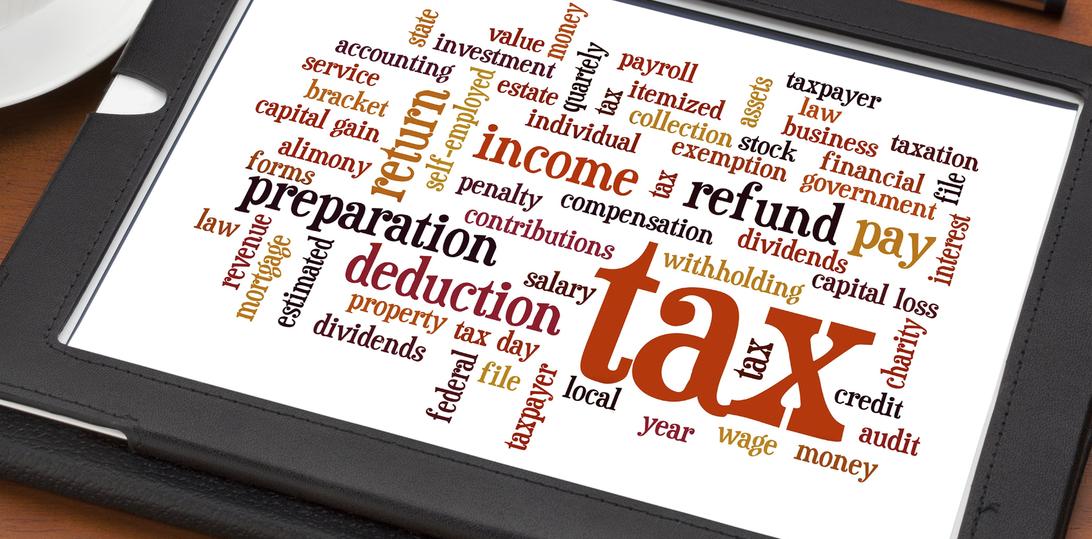One of the most anticipated parts of a budget is the tax rates. The finance minister proposed new tax brackets for almost every income group. The tax percentages are lower for many salaried people. However, taxpayers can only pay tax as per the new regime if they forgo their exemptions.
Salaried people must forgo around 70 of more than 100 exemptions and deductions. However, citizens who don’t want to forgo their exemptions can pay as per the old regime. The finance minister has allowed the citizens to pick between the old and the new regime.
 However, such a situation is for employees. Self-employed people, businessmen, etc. are differently taxed.
However, such a situation is for employees. Self-employed people, businessmen, etc. are differently taxed.
Income Tax for Assessee–
A person who earns an income must pay tax or other sum of money. Such a person is defined as an assessee as per the Section 2 (7) of the Income Tax Act, 1961.
There are different assessees and some of them are-
- Salaried Person
- Self-employed Individual
- Partnership Company
Self-employed Assessee–
The features of a self-employed person are-
- Has a short-term bond with employers
- Doesn’t have a fixed income
Self-employed people fall under the ‘Income from Business and Profession’ head as per the Income Tax Act, 1961. After deducting the losses and expenses, the income of an assessee is decided. Their income must be audited by Chartered Accountant. If their gross receipt is Rs. 50 Lakhs or more, then they must deliver a tax audit report.
Tax filing
Self-employed people can pay tax by filing Income Tax Return-4 (ITR4). They can claim deductions on their professional expenses.
However, self-employed people can also file taxes under the presumptive taxation scheme. Presumptive taxation scheme is for self-employed people with gross receipts not more than Rs. 50 Lakhs and businesses with turnover not more than Rs. 2 Crore.
If a self-employed person or business wants to file tax as per the presumptive taxation scheme, then they don’t have to maintain their records. While profits of a business are deemed at 8% of gross receipts, profits of a profession are deemed at 50%. A self-employed person must pay tax as per the Section 44DA of the Income Tax Act. A business is taxed as per the Section 44AD of the Income Tax Act.
Assessees can get deductions as per the Section 80C. Medical insurance premium can also be deducted as per the Section 80D. A self-employed person can also file for all deductions as per the Section 80 of Chapter VI A. If a person doesn’t want to file taxes as per the presumptive taxation scheme, then they must get their books audited by Chartered Accountant.
However, a taxpayer who doesn’t file income tax return as per the presumptive taxation after doing it for one year, can’t file taxes as per the scheme for five years.
Income Tax Rate for Self-employed people–
For a self-employed person below 60 years of age-
| Income | Tax Rate |
| Up to Rs. 2.5 Lakhs | Nil |
| Rs. 2.5 Lakhs to Rs. 5 Lakhs | 5% |
| Rs. 5 Lakhs to Rs 10 Lakhs | 20% |
| Above Rs. 10 Lakhs | 30% |
For a self-employed person between 60 and 80 years of age-
| Income | Tax Rate |
| Up to Rs. 3 Lakhs | Nil |
| Rs. 3 Lakhs to Rs. 5 Lakhs | 5% |
| Rs. 5 Lakhs to Rs. 10 Lakhs | 20% |
| Above Rs. 10 Lakhs | 30% |
For a self-employed person above 80 years of age-
| Income | Tax Rate |
| Up to Rs. 5 Lakhs | Nil |
| Rs. 5 Lakhs to Rs. 10 Lakhs | 20% |
| Above Rs. 10 Lakhs | 30% |
The surcharge is charged at 10% for income between Rs. 50 Lakhs and Rs. 1 Crore. If the income is above Rs. 1 Crore, then the surcharge is 15%. The cess is charged at 4%.
Leave a Reply